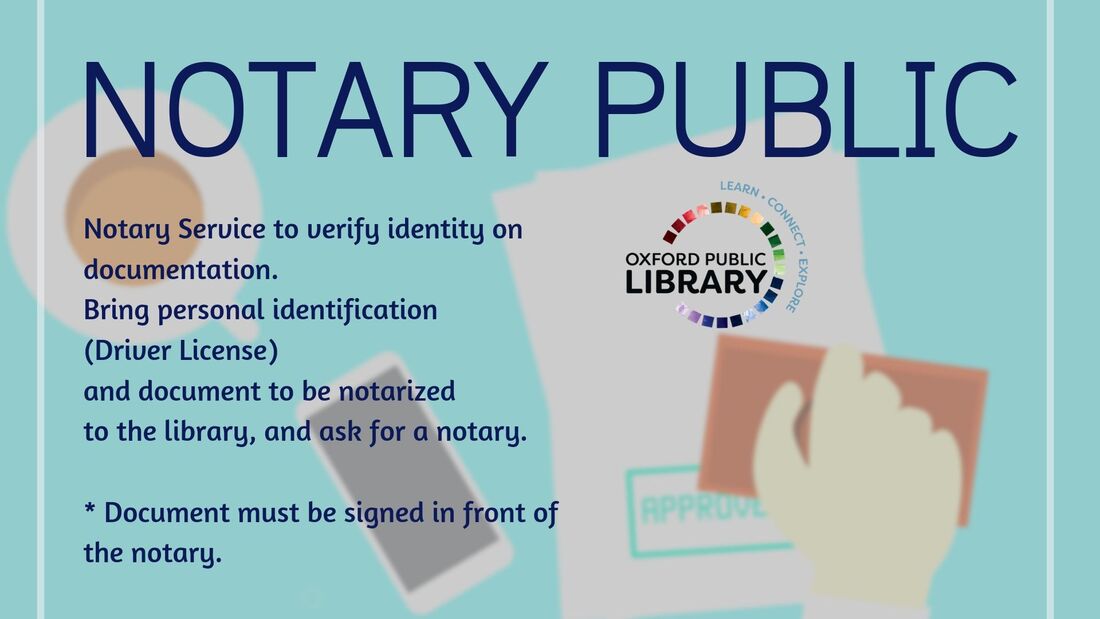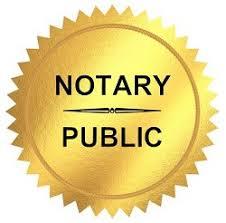Deceased Estate Administration: Taking Care Of Possessions and Affairs After Passing
Wiki Article
Debunking Notarial Work: Streamlining the Duty and Value of Notaries
In the elaborate web of lawful documents and verification, notaries stand as columns of assurance and credibility. Their function, typically shrouded in enigma for lots of, brings substantial weight in making certain the legitimacy and honesty of crucial documents. As guardians of legitimacy and fact, notaries play a crucial component in our society, yet their work is not constantly completely comprehended. By deciphering the intricacies dropping and surrounding notarial methods light on the significance of their acts, a more clear understanding arises of the vital role notaries play in promoting the material of contractual and legal agreements.The History of Notarial Work
The history of notarial job days back to old human beings, where scribes played a crucial function in taping crucial info and verifying files. This led to the development of notaries, individuals designated by the state to act as objective witnesses in legal issues.
Throughout the Middle Ages, notaries gained importance in Europe, with their functions increasing to include drafting legal files, licensing trademarks, and preserving records. The increase of global trade additionally stressed the importance of notarial work in verifying contracts and arrangements across boundaries.
In the modern-day age, notaries remain to play a crucial function in legal and service purchases by validating identities, confirming the authenticity of documents, and preventing scams. Their function in licensing the validity of agreements adds a layer of security and depend the ever-evolving landscape of commerce and regulation.

Duties and Duties of Notaries
The historical development of notarial work from old worlds to the contemporary period has actually shaped the distinct obligations and duties that notaries maintain in lawful and organization deals today. Notaries play an important function in validating the authenticity of records and the identification of signatures. One of their primary responsibilities is to witness the finalizing of important documents, such as wills, actions, and agreements, to make certain that all celebrations are entering into contracts knowingly and willingly. Notaries also confirm that signatories are of audio mind and not under duress or coercion.Furthermore, notaries are charged with carrying out vows and affirmations, which are vital in lawful process and the implementation of testimonies. They accredit duplicates of original papers, giving guarantee to institutions that the duplicates are true replicas of the originals. Notaries should preserve accurate documents of all transactions they manage to make certain transparency and accountability. In general, the tasks and obligations of notaries are vital in securing the honesty and legality of different documents and deals.
Notarial Certificates and Signatures
Exemplifying precise focus to detail, notarial certifications and signatures act as vital elements in validating the credibility of legal papers. Notarial certificates typically include critical information such as the date of registration, the names of the notaries, a summary of the document, and the notary's official seal. These certificates offer a clear record of the notarial act, making certain that the record can be easily recognized and traced back to the notary that looked after the process.Signatures play an essential function in notarial work, as they signify the contract and permission of the celebrations involved. Notaries thoroughly witness the signing of files to confirm the identity of the notaries and confirm that they are authorizing of their very own totally free will. By fastening their main seal and trademark to the paper, notaries license that the necessary treatments have been complied with which the file is valid and enforceable.
Essentially, notarial certificates and trademarks are the trademark of authenticity in lawful deals, giving guarantee to all celebrations entailed that the records are legitimate and binding.
Importance of Notarial Acts

Registration Process Described
Clarifying the registration process supplies clarity on the necessary actions associated with confirming lawful description files. The notarization procedure usually starts with the individual presenting the paper to a notary public. The notary after that confirms the signer's identification via acceptable identification methods. As soon as the identification is validated, the notary ensures that the individual signing the paper does so willingly and with no threat.
Final Thought

Notarial certifications normally consist of vital info such as the date of notarization, the names of the signatories, a description of the document, and the notary's official seal. These certificates provide a clear record of the notarial act, making sure that the document can be easily recognized and mapped back to the notary who oversaw the process.
By attaching their official seal and signature to the record, notaries license that the necessary treatments have actually been followed and that the paper is legitimate and enforceable.
By verifying the identification of the signatories, confirming their willingness to enter right into the arrangement, and accrediting the date and location of the finalizing, notaries play a critical duty in upholding the legitimacy of legal records.After the file is authorized, the notary will attach their main seal More about the author or stamp onto the file.
Report this wiki page